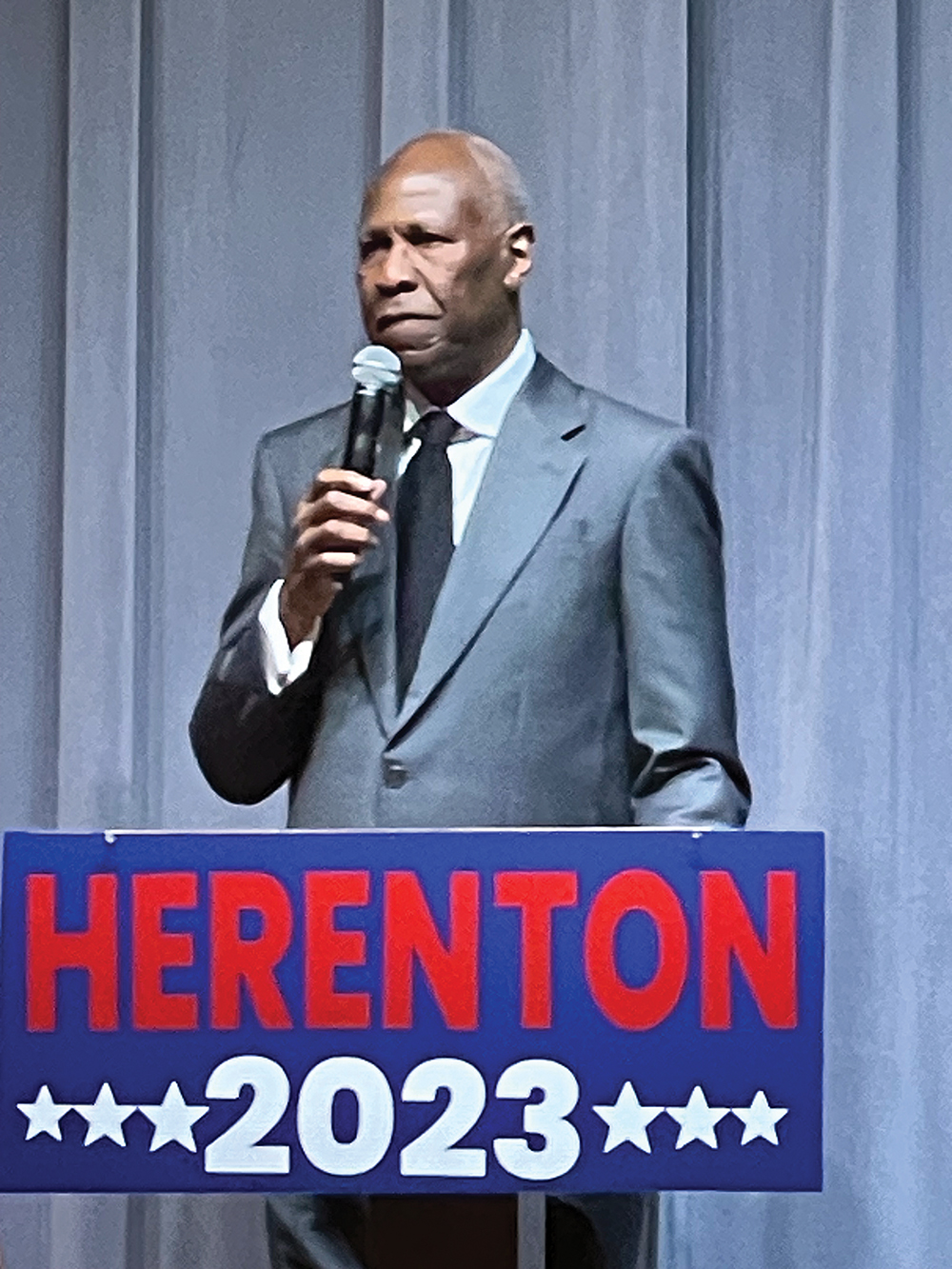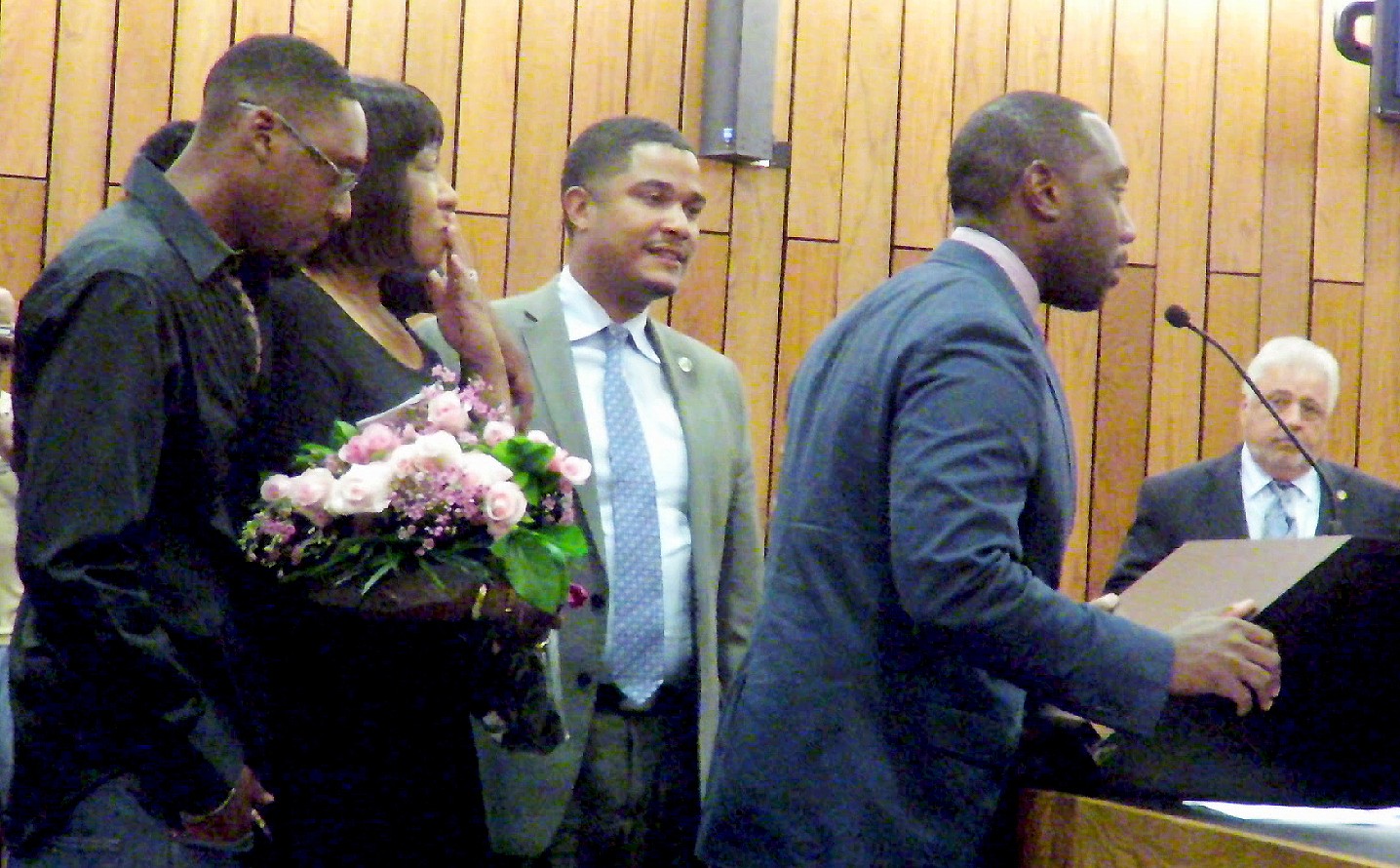Now that Memphis city candidates have begun pulling petitions for various races on the 2023 city ballot, what have we learned? Not so much, not yet. And old questions remain.
When hopefuls began posting their financial disclosures for the first quarter of the year, Brian Harris was first up in Super District 8, Position 3. He declared receipts of $30,166 for the quarter, and the same amount as the figure for his cash on hand. He also listed the selfsame sum of $30,166 as having been raised entirely from contributions of $100 or less.
Only problem was — and still is — that if indeed all those facts are true, Harris is required to list and identify all contributions, no matter the size, over the total amount of $2,000, since unidentified contributions are capped at that figure. Any receipts over that amount have to be itemized. In Harris’ case, that means a minimum of $28,166 needs to be accounted for.
Attempts to reach Harris and unravel the mystery of his funding sources have so far proved unavailing — though in the long run the Election Commission, and through it the voters, is sure to find out what there is to know.
One declared adversary of Harris in Super District 8, Position 3, is Jerred Price. The local activist and entertainer of Almost Elton John fame declared receipts for that first quarter of $20,465, with cash on hand of $13,998.87. All contributions and payouts are duly listed, as required, including — almost quaintly — a disbursement of $10.50 as a bank service charge.
Several other candidates have pulled petitions so far for Super District 8, Position 3 — Davin D. Clemons, Yolanda Cooper-Sutton, Roderic Sydney Ford, Damon Curry Morris, Paul Randolph Jr., and Robert White Jr. — but none of them have yet released any numbers.
So far, there remains no indication that former Councilman Berlin Boyd has picked up a petition for 8-3 or for any other position, though he has long been rumored to favor a Super District race as his way back to the council. (As the incumbent for District 7 in 2019, Boyd was defeated in a runoff by Councilwoman Michalyn Easter-Thomas.)
The big race on the city council calendar this year will almost certainly be the contest for District 5. One contender for this seat, which bridges Midtown and East Memphis, is Meggan Wurzburg Kiel, a longtime mainstay for MICAH (Memphis Interfaith Coalition for Action and Hope). As of that first-quarter disclosure, Kiel was already reporting cash on hand of $104,084.39, and she has continued to raise money since.
Kiel’s principal adversary will be yet another former council member seeking to return: former Super District 9, Position 2 Councilman Philip Spinosa, who, as of the year’s first disclosure, was reporting cash on hand of $14,721.60. Though that figure isn’t comparable to what Kiel reported at the time, Spinosa, like Kiel, has important connections and will ultimately raise a war chest commensurate with that fact.
Money will be an important indicator of candidate viability this year, but not the only one. One conclusion drawn by almost all observers of this year’s mayoral field is that one candidate sure to draw beaucoup votes will do so sans benefit of significant fundraising.
That would be former five-time Mayor Willie Herenton, mentioned in this space last week. Herenton finished second to incumbent Mayor Jim Strickland in 2019 without raising any money to speak of, and, especially with his new hard anti-crime platform, he remains an elephant in the room for this election season.


 Jackson Baker
Jackson Baker 
 Jackson Baker
Jackson Baker